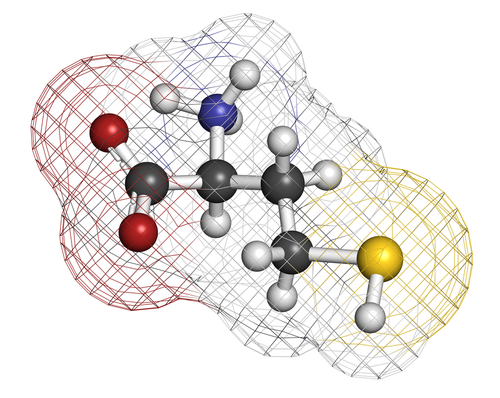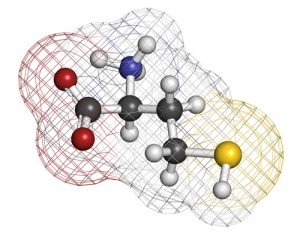Systemic Sclerosis in Pulmonary Arterial Hypertension Prognosis Aided Through Vascular Receptor Autoantibodies
Written by |

 A new study entitled “Vascular Receptor Autoantibodies in Pulmonary Arterial Hypertension Associated with Systemic Sclerosis” published in the October issue of American Journal of Respiratory and Critical Care Medicine reports that vascular antibodies can be prognostic biomarkers in Systemic Sclerosis (SSc) associated with pulmonary arterial hypertension (PAH).
A new study entitled “Vascular Receptor Autoantibodies in Pulmonary Arterial Hypertension Associated with Systemic Sclerosis” published in the October issue of American Journal of Respiratory and Critical Care Medicine reports that vascular antibodies can be prognostic biomarkers in Systemic Sclerosis (SSc) associated with pulmonary arterial hypertension (PAH).
Pulmonary arterial hypertension (PAH) is the leading cause of death in patients with Systemic sclerosis (SSc), a chronic connective tissue disease, accounting for 25% and more of all SSc-related deaths. Thus, early detection and treatment are urgently required to prevent symptoms’ worsening and death.
PAH is characterized by increase pressure in the lung vasculature with Endothelin 1 (ET1) and Angiotensin 2 (AngII) being the two main vasoconstrictors involved in PAH pathogenesis. Accordingly, overproduction of ET1 and AngII constricts blood vessels leading to increase blood pressure. Both proteins exert their effects by binding to two receptors, the Endothelin receptor type A (ETAR) and Angiotensin II receptor type-1 (AT1R), respectively.
In this study, the authors hypothesized that in patients with SSc-PAH, there would be increased levels of antibodies targeting and activating both receptors, therefore, could be used as potential biomarkers for the disease.
The authors analyzed the antibody content of patients with SSc-PAH and found significantly higher and more prevalent levels of both anti-AT1R and anti-ETAR in these patients when compared to patients with other types of pulmonary hypertension. When the team or researchers stimulated rat pulmonary artery with the antibodies, they observed an increase in the vasoconstrictive responses to AngII and ET1. Additionally, when the authors transferred both antibodies into healthy mice, they observed an increase in inflammation in pulmonary vasculature associated with higher expression of α- actin expression on airway and vascular smooth muscle.
Therefore, the authors suggest anti-ETAR and anti-AT1R antibodies can be used as predictive and prognostic biomarkers in SSc-PAH.





